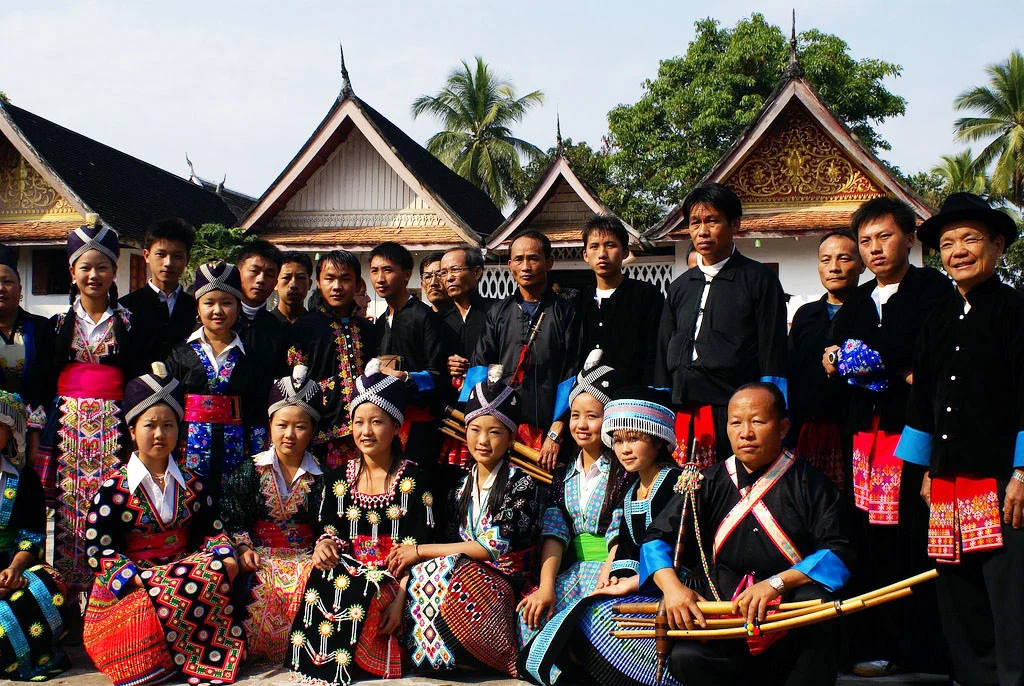On September 24th, 2018, the talk “Rethinking East Asia in the New Global Economy,” part of the IPL Speaker Series, was held at the Vivian and David Campbell Conference Facility. The Munk School of Global Affairs and Public Policy, along with the Asian Institute, co-sponsored the event. As the moderator, Daniel Munro, who is a Visiting Scholar and Director of Policy Projects at the Innovation Policy Lab at the Munk School, welcomed and introduced the guest speaker, Professor Henry Wai-chung Yeung. Professor Yeung is Distinguished Professor at the Department of Geography of the National University of Singapore and holds multiple awards. He was recognized by both the American Association of Geographers and the UK’s Royal Geographical Society for the excellence of his work. His research interests include the theories and the geography of transnational corporations, global production networks, and global value chains. This event focused particularly on his recent book, Strategic Coupling, published by Cornell University Press, in which Professor Yeung examined economic development and state-firm relations in East Asia and the region’s emerging role in the new global economy.
The talk was divided into three subtopics: the rise of Asian economies, governing the market, the developmental state revisited, from states to networks and globalizing Asian development. Professor Yeung briefly touched on the emerging trends in newly industrialized economies in East Asia, with a focus on the Information and Communications Technology (ICT) sector in South Korea, Taiwan, and Singapore, which are three of the “Four Asian Tigers” economies. According to Professor Yeung, the predominance of a national developmental state steering the domestic economy since the 1960s has been gradually replaced by the transformation of state roles started in the 1980s. The weakening of the state’s embedded autonomy gave rise to an era of industrial upgrading and innovation, in light of growing global opportunities. In revisiting this matter, Professor Yeung suggested that “the story of domestic force may not be enough to explain new development in the past twenty or thirty years,” and this is where international political economy and Global Production Networks (GPN) should have been factored into the argument of “strategic coupling”. Professor Yeung argued that economic development cannot be seen in isolation from broader economic globalization processes, and strategic coupling is needed to connect regional/national development to global economic change.
Professor Yeung then introduced the importance of GPNs and Global Value Chain (GVCs) as the backbone of the economy. Globalizing East Asian development in the electronics and semiconductors industries involved dynamic changes in industrial organization and increasingly sophisticated state-firm relations and supportive state policies. Organizational innovations, technological upgrading and capability, and co-development with leading global firms are key. Professor Yeung brought up several examples of strategic coupling: from Apple to Hon Hai/Foxconn and TSMC (Taiwan) and Samsung (South Korea). Specifically, he highlighted Samsung and South Korea as a case of industrial market specialization through indigenous innovation.
In conclusion, Professor Yeung argued that global economic development is a dynamic approach to state-firm relations in the changing context of global economic governance. The trend is towards GPN-oriented and new innovation-based industries that could be more successful if there was an adaptive post-developmental state that would create capacities and buttress market development and new technologies. The time in which the state got to choose specific winning firms or industries is past.
Audiences who attended this talk were enthused about the topic and the subsequent Q&A section lasted for about fifty minutes. For instance, the moderator, Dr. Monroe, asked Professor Yeung if his book had reviewed any differences in technology types other than ICT, and if as a result if strategic coupling activities would vary. Professor Yeung responded that there are significant differences across industries with different technological content. He provided the example of aerospace industry, which required very high level of technological specifications, along with long-lasting components for its core techniques. Thus, it was harder for the same kind of strategic coupling to take place. On the other hand, for the textile and garment industry, although all East Asian firms could manufacture the products, it was hard to excel and became an Original Brand Manufacturer (OBM), such Nike or Adidas. In contrast, the semiconductor industry gives firms the chance to try and become the next TSMC, if one can meet certain stringent requirements in terms of high starting capital and strong process technologies, given that there are only a few equipment suppliers worldwide.
Nina Zhou studied History and East Asian Studies at the University of Toronto. She is currently serving as an Event Reporter for the Synergy Journal of Contemporary Asian Studies.








